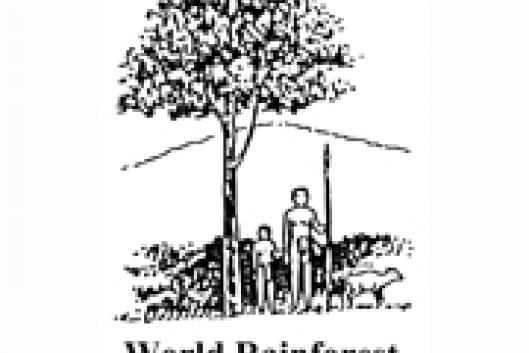Friends of the Earth International - World Rainforest Movement - Oilwatch. Kuala Lumpur, 11 February 2004
The World Rainforest Movement, Oilwatch and Friends of the Earth International (a federation of 68 non-governmental environmental organizations from 65 countries) believe that sustainable management of protected areas is a key pillar to biodiversity conservation. However, we have noticed with regret the alarming rate at which protected areas are being lost and decimated, due to the process of planning, establishment and management, and more importantly, due to large-scale mining, oil extraction and commercial logging activities. Most government designated protected areas world-wide have been established at the exclusion of the rightful owners - local communities and Indigenous Peoples - in the planning, establishment and management of these areas. This is a clear violation of their ownership and rights.
Where then lies the protection and encouragement of customary use of biological resources (article 10(c) of the Convention on Biodiversity) when local communities and Indigenous Peoples are denied the right of access, under the flag of protection, to the very resources that belong to them, while these resources are given out eventually to large foreign conservation organizations, or to multinational corporations for large-scale mining, oil exploration and logging activities.
To achieve sustainable management of protected areas and for that matter biodiversity conservation, we urge parties to the CBD to adopt a program of work on protected areas that clearly includes and explicitly safeguards the rights and interests of local communities and Indigenous Peoples throughout the process of planning, establishment and management of protected areas. We do not and will not believe in parks without people, and we do not believe in a protected area program without explicit safeguards for Indigenous Peoples' rights and other aspects of social governance.
We also emphasize the need to include a clear reference to the rights, interests and role of women regarding protected area planning, establishment and management.
Moreover, a work program on protected areas can only be considered credible if it includes an explicit rejection of mining, oil exploration, and large-scale commercial logging activities in and around protected areas.
Also in this light, it should be ensured that sufficient funds are allocated to national conservation programmes, so that we don't need to sell out conservation to private actors like foreign conservation organizations, and oil, mining and logging corporations. We also support the call for Action of our Indonesian colleague organizations in this regard "Conservation is not for Concession".
Kuala Lumpur, 11 February 2004
